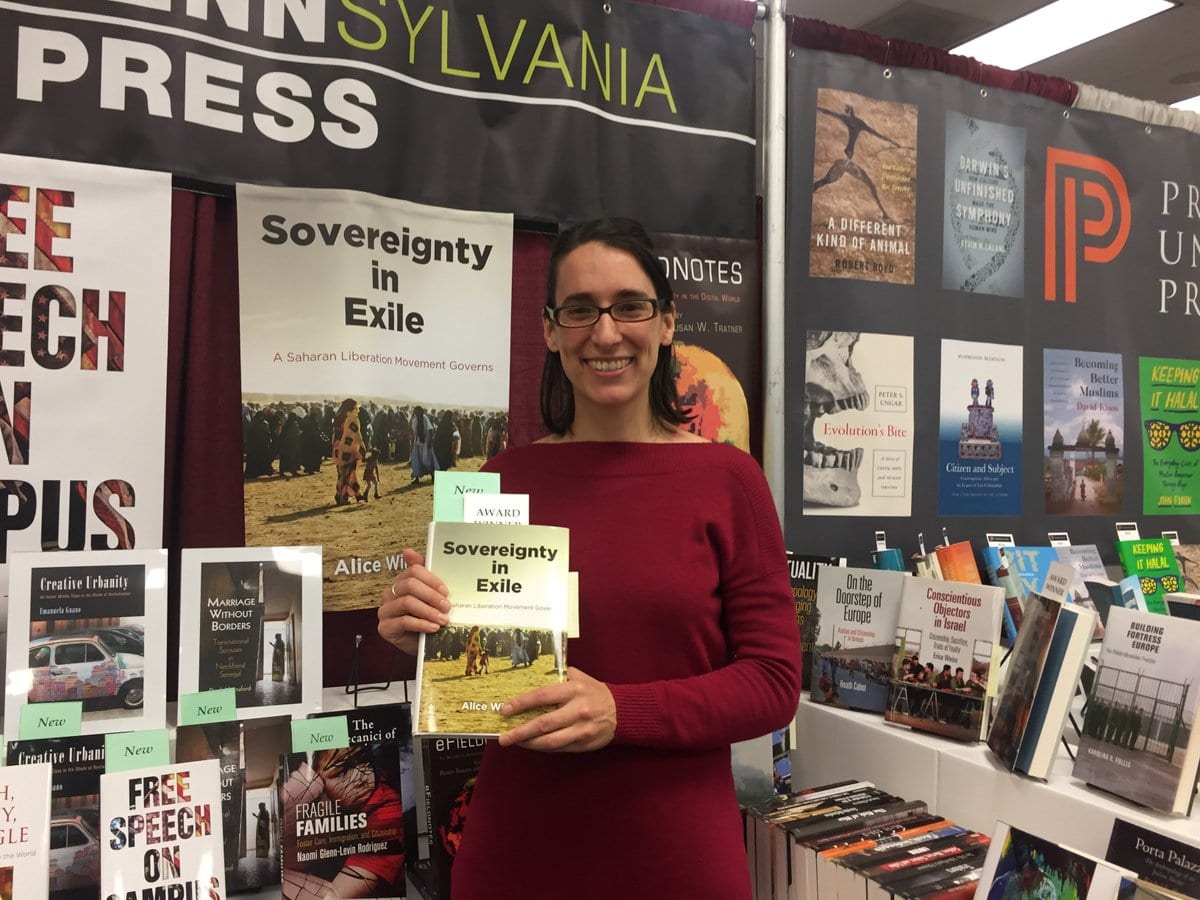
Defeated Revolutionaries, Lasting Legacies: The Afterlife of Revolution in Dhufar, Oman
Alice Wilson, University of Sussex
November 6, 2019 · 12:00 pm—1:20 pm · A71 Simpson International Building
Sharmin and Bijan Mossavar-Rahmani Center for Iran and Persian Gulf Studies

Post-conflict authoritarian states often rely on patronage and repression as strategies to quell dissent and to win hearts and minds. Gulf monarchies have relied on these tactics in the Arab Spring, and in facing earlier generations of insurgents including during Oman’s war against Dhufar’s revolutionaries (1965-1975). Re-examination of the everyday lives of ex-revolutionaries in Dhufar nevertheless suggests how, forty years after defeat, some ex-militants and relatives use kinship and mundane socialising to reproduce revolutionary networks and values of social egalitarianism. This social “afterlife” of defeated revolution points towards a counter-history of vanquished revolutionaries: this afterlife highlights limitations of post-conflict patronage to win and change hearts and minds, and the potential of family relations during and after revolution to challenge dominant norms.















